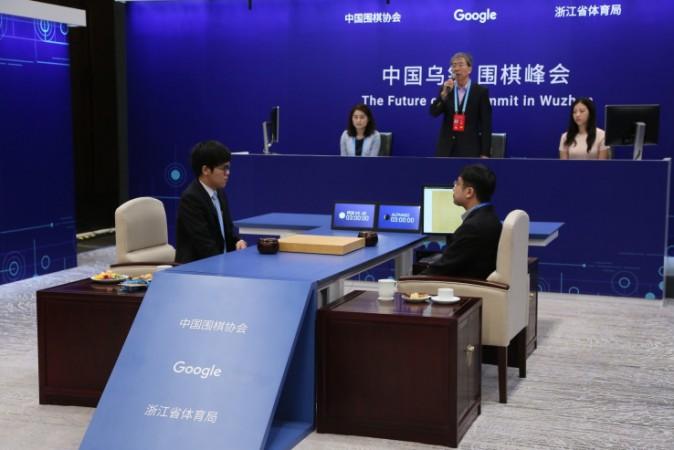
Google-acquired DeepMind's AlphaGo AI has been relishing the spotlight with its unparalleled success in tackling the world's elite Go players in the extremely demanding strategy game ever made. The world number one Go player Ke Jie recently lost to the AI champion by 3-0 at 'Future of Go Summit' competition whose grand finale was set for May 27.
Google had acquired the London-based DeepMind for around $500 million in 2014. Three years down the line, AlphaGo has reached the pinnacle of success after beating the world's best players in the toughest Go competition to date.
With the recent culmination of the final match event at the Go Summit in Wuzhen (China), Google has decidedly pulled the curtains down on AlphaGo's further participation in the Go challenges. Having defeated the world's elite Go players, AlphaGo has cast its last competitive milestone, DeepMind CEO Dennis Hassabis explained in a recent Google Blog post.
Here are a few excerpts from the post:
This week's series of thrilling games with the world's best players, in the country where Go originated, has been the highest possible pinnacle for AlphaGo as a competitive program. For that reason, the Future of Go Summit is our final match event with AlphaGo.The research team behind AlphaGo will now throw their energy into the next set of grand challenges, developing advanced general algorithms that could one day help scientists as they tackle some of our most complex problems, such as finding new cures for diseases, dramatically reducing energy consumption, or inventing revolutionary new materials.
Being revered as the planet's extremely demanding strategy game ever, Go has certainly paved the way for AI-assisted learning techniques driven by AlphaGo's unpredictably unorthodox approach. Ke Jie, the strongest human player in the game, has admittedly been learning from AlphaGo's wily quick-second moves to strengthen his own arsenal.
AlphaGo has simply served as the stepping stone for success in the field of AI research and development as DeepMind has more ambitious plans lined up for the near future. It is reported that the British company could employ AlphaGo in practical applications for everyday use.
Consequently, the company has bid for a data-sharing deal with the UK's National Health Service while the move has been criticised for its privacy issues as identifiable health data of over 1.6 million NHS patients will be at stake. Now the deal has come under the scanner of UK's data protection watchdog, the ICO.
"If AI systems prove they are able to unearth significant new knowledge and strategies in these domains too, the breakthroughs could be truly remarkable. We can't wait to see what comes next," said the DeepMind CEO.
If DeepMind gets its plans right, we might see the advent of a new AI-driven era with AlphaGo's innovative and unpredictably unorthodox approach to gaming. The company is expected to publish a final review paper depicting the AI's evolution from its initial matches with Lee Sedol to the final home run at the Go Summit.
















